Celebrating a Birthday Every Week
August 25, 2021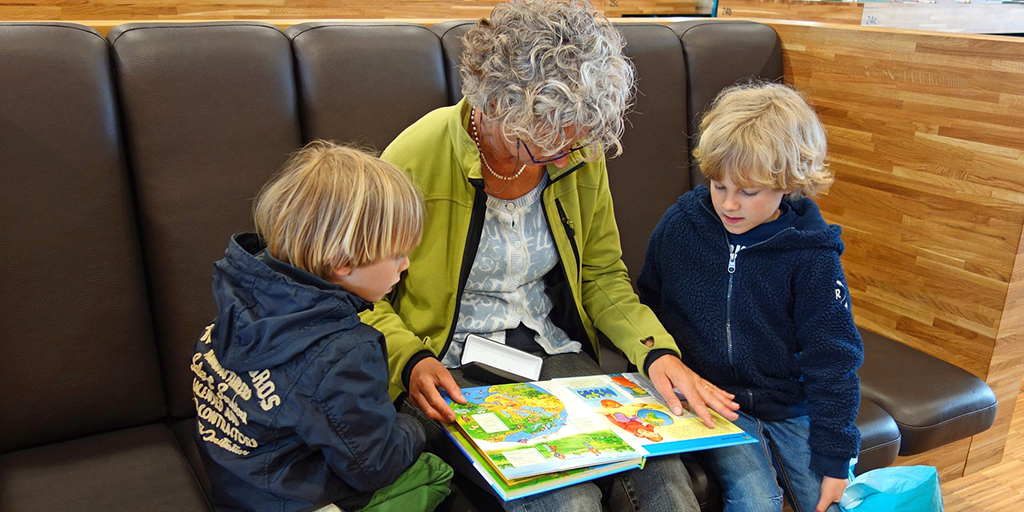
Celebrating a birthday every week – one of the perks of being a foster carer for more than 40 years
Growing up in a family of 11 girls and 5 boys, Jacqui Davis has always loved being part of a busy, noisy household.
More than 60 years later, that hasn’t changed as Jacqui who has been a foster carer for 41 years, is currently looking after three young siblings, and is loving the equal measure of joy and chaos that they bring to her home.
Celebrating St Mary MacKillop in the Year of St Joseph
August 9, 2021To celebrate the feast of St Mary MacKillop in the Year of St Joseph we offer seven short video reflections.
These videos draw together themes from the life of St Mary, the seven qualities of St Joseph in Pope Francis’ document Patris Corde, and the life of experience of diverse Christians.
Indigenous People Offer Us A Deeper, More Inclusive World
“Think I might be a litte bit in love with Ruby Tui. Bringing te reo to the BBC. Best Olympic interview yet!”
Black Fern Ruby Tui’s interview about their win in the women’s rugby sevens Olympic semi-final inspired this Facebook comment from a friend in England. The Black Ferns are predominantly Māori women and Ruby began the interview in te reo Māori (the Māori language).
Launch of Formation for Mission Framework
August 8, 2021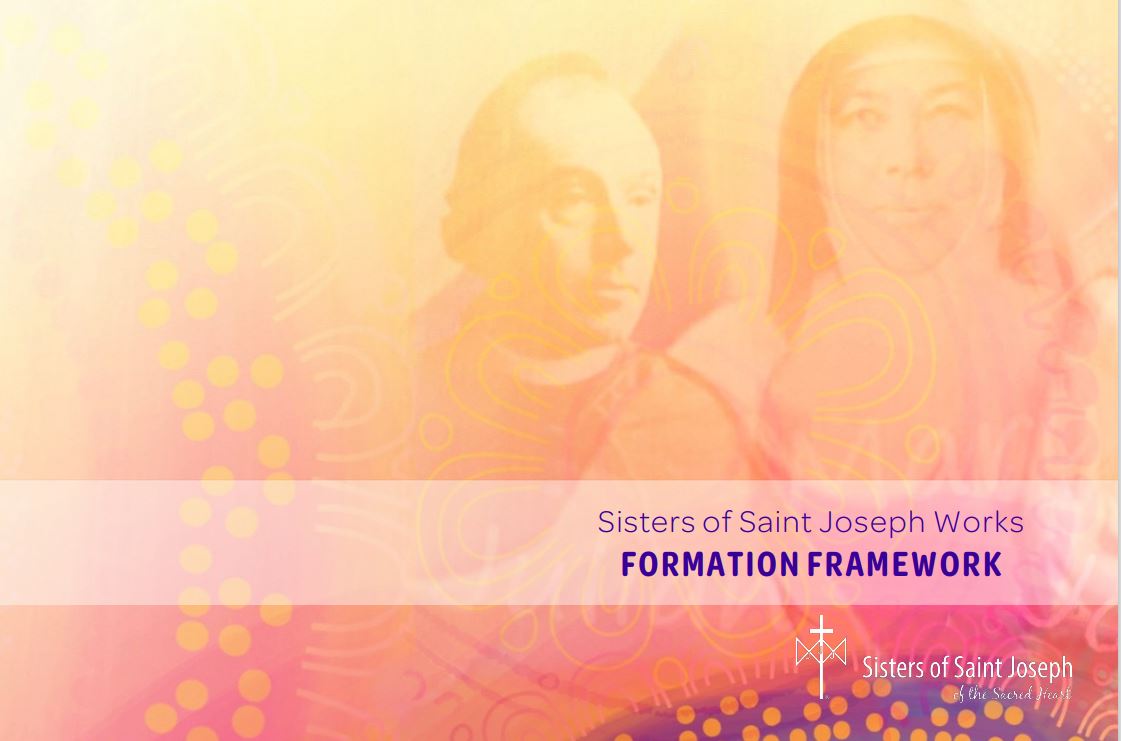
The Formation for Mission Framework is a response to the need for a formal induction and formation programme for those who work with us in SOSJ Works.
Each person engaged in ministry brings to the role significant skills, knowledge, wisdom, a value base and a range of personal and professional experiences.
Supporting One Another
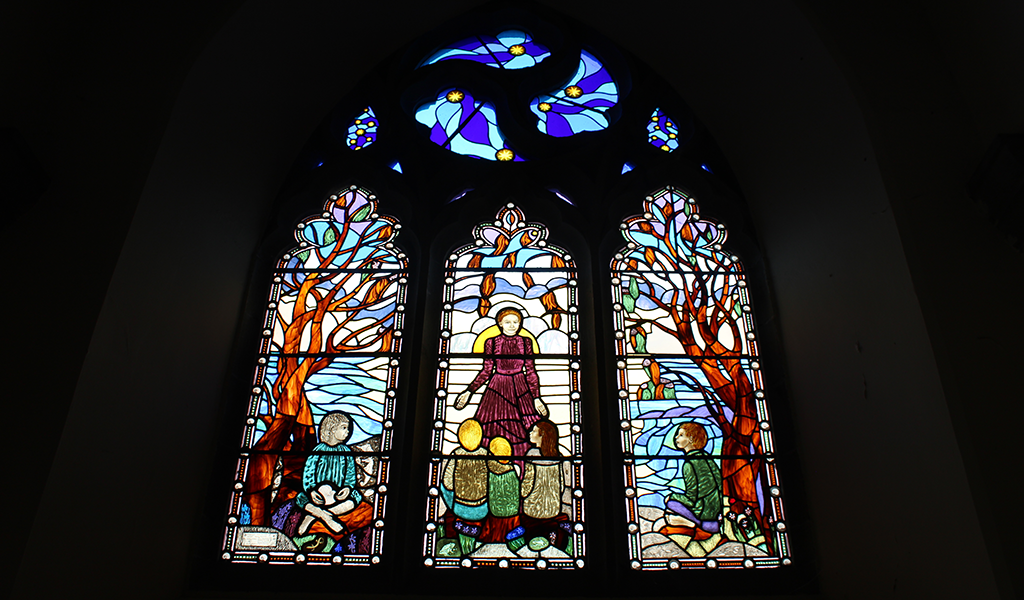
We are all in the gift of much older work. We are looking often by others’ eyes and we are only preparing ourselves to do something larger. [1]
Visiting the beautiful country of Scotland gave me a marvellous insight into the character and background of Mary MacKillop’s parents, Alexander and Flora MacKillop. It also provided an understanding of the harsh history of the country and the determined resilience of the Scottish Highlanders.
Saint Mary MacKillop Feast Day 2021
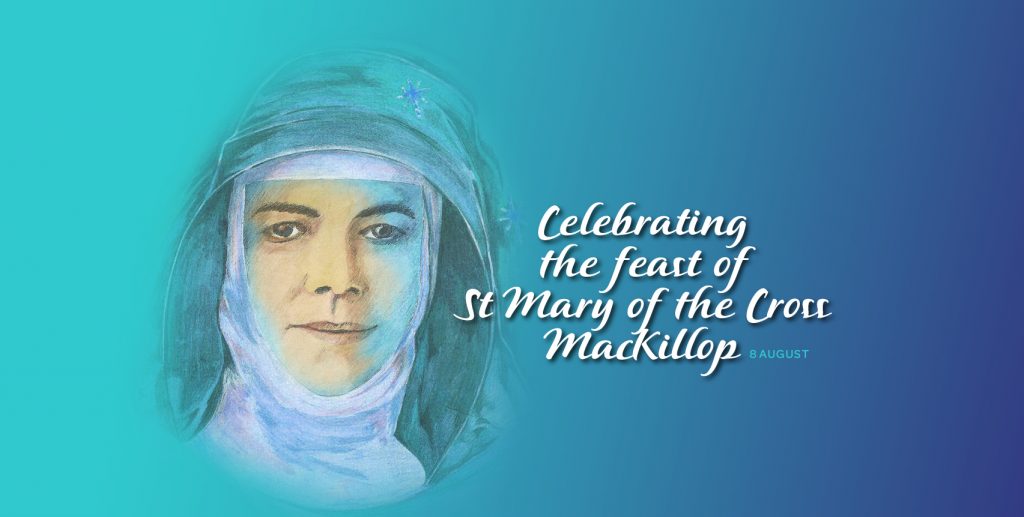
Greetings on this feast of Mary MacKillop as parts of Australia and our world are in lockdown which means that celebrations for this feast need to be held in homes.
Mary’s mother Flora and her siblings had to enter a period of quarantine when they arrived in Australia in 1839. I imagine that Flora shared this experience with her young family, both the gifts and challenges. One gift was that it was while in quarantine that she met her future husband Alexander who was assisting the newly arrived immigrants from Scotland. So let us ask Mary MacKillop to show us the gifts that have come through the experience of lockdown while sharing with her the struggles that we face.
What Did Julian Tenison Woods Say About Indigenous Australians?
August 7, 2021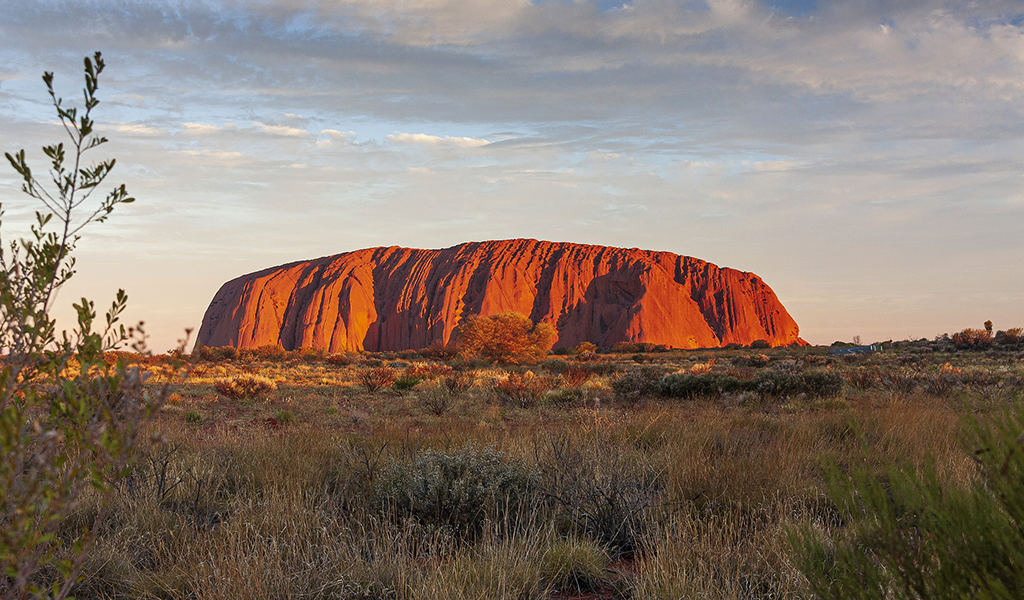
When the ordained ministry of Julian Tenison Woods began in Penola in 1855 he soon saw the conditions under which the local Aboriginal people lived. What he observed raised concerns that remained with him for the rest of his life. Several times, on his various journeys, he wrote about the Aboriginal people he encountered.
Mary MacKillop Today Community Grants Program 2022
August 6, 2021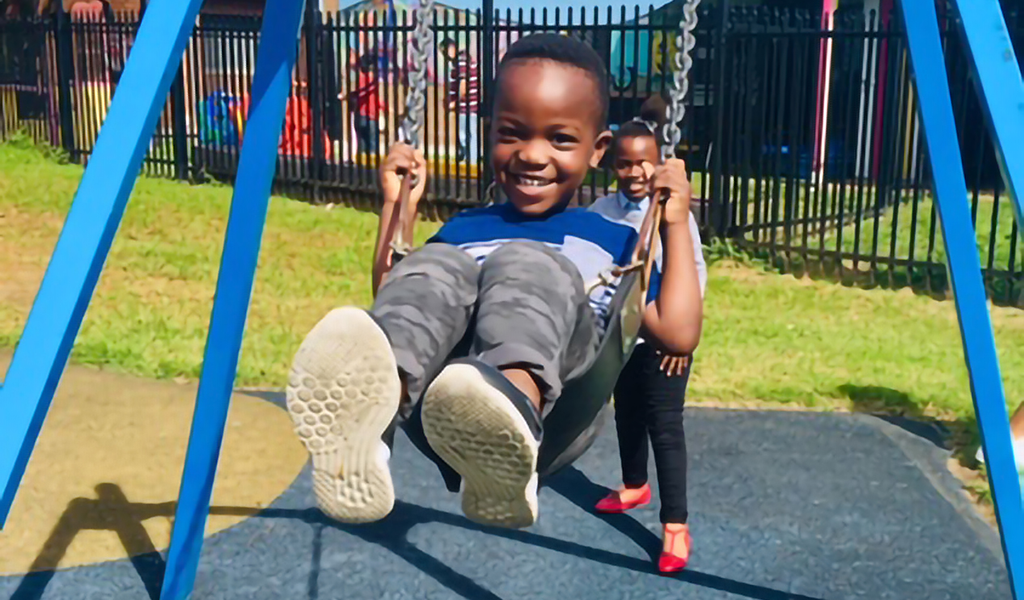
Applications for the Mary MacKillop Today Community Grants Program 2022 will open at 9am on Monday 16 August and close at 5pm on Friday 17 September 2021 (AEST).
Eligible organisations may apply for grants of up to $10,000 AUD to deliver small, life-changing projects that promote life-long learning for Australians affected by vulnerability.
